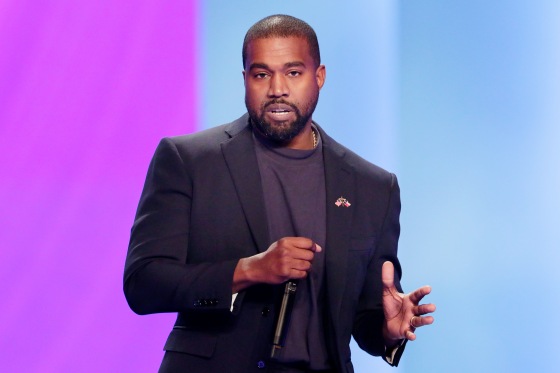The Latest Kanye Controversy: Ye’s New Song Sparks Outrage Online

Introduction: The Latest Kanye Uproar
Kanye West, known also as Ye, has ignited another global controversy. His latest Kanye song, titled "Heil Hitler," has caused an uproar on social media and across streaming platforms. While Kanye has never been a stranger to headline-making moments, this new release has triggered an unprecedented wave of backlash. In this article, we’ll break down the key details and reactions—shedding light on how the digital landscape has responded to Ye’s provocative return.
The Song and Its Digital Proliferation
The latest Kanye track first surfaced on Ye's X (formerly Twitter) account, where it quickly amassed millions of views. Other platforms like Spotify, SoundCloud, Reddit, Facebook, TikTok, and YouTube rushed to remove the song due to its explicit glorification of Adolf Hitler and Nazi imagery. However, the song and its video continued to spread, highlighting the ongoing challenge tech companies face when moderating offensive or hateful content.[^1]
On X alone, the song’s video was viewed over 6.5 million times and shared widely by numerous accounts. Despite removal efforts, users found creative ways to re-upload or share variations, circumventing moderation systems. According to a report by NBC News, even as platforms pulled the material, it proliferated through reposts and remixes. Meme culture on platforms like Instagram also contributed to the viral spread.
[^1]: NBC News: Ye song glorifying Hitler gets millions of views on X
Backlash and Public Outcry
Reactions to the latest Kanye release have been swift and vocal. The song, especially its music video, faced severe criticism for featuring Nazi imagery and antisemitic lyrics. Prominent organizations and individuals, such as the American Jewish Committee, labeled the track as blatant antisemitism and demanded accountability from the music industry.
The Jerusalem Post reported on the outrage, noting how the video’s release coincided with Allied victory celebrations marking the end of World War II. The timing further intensified the backlash, fueling ongoing debates regarding Ye's history of inflammatory statements and actions. Many advocacy groups pressured streaming platforms to uphold strict hate speech policies and remove the song promptly.
Social Media’s Mixed Response
Despite removal from major services, the latest Kanye song found new life on Instagram. Users shared countless memes, dance reels, and remixed commentary, some with millions of views. According to 404 Media, Meta’s content policies seemed insufficient to prevent the wide circulation of the track. While some posts criticized or parodied the song, others appeared to celebrate it—making platform moderation even more complex.
These developments illustrate the fragmented and sometimes inconsistent approach that platforms take toward enforcing hate speech guidelines, especially when a major celebrity is involved.
Summary: The Ongoing Conversation
Ye’s latest Kanye release has intensified discussions about digital moderation, responsibility, and the impact of celebrity influence in the era of social media. While many platforms have taken action to remove the controversial song, the story exemplifies how difficult it can be to control digital content once it goes viral. As fans, industry insiders, and advocacy groups continue to weigh in, the latest Kanye episode serves as a case study in both free expression and the urgent need for responsible content management.
For in-depth reporting on this developing issue, see the full coverage from NBC News, The Jerusalem Post, and 404 Media.